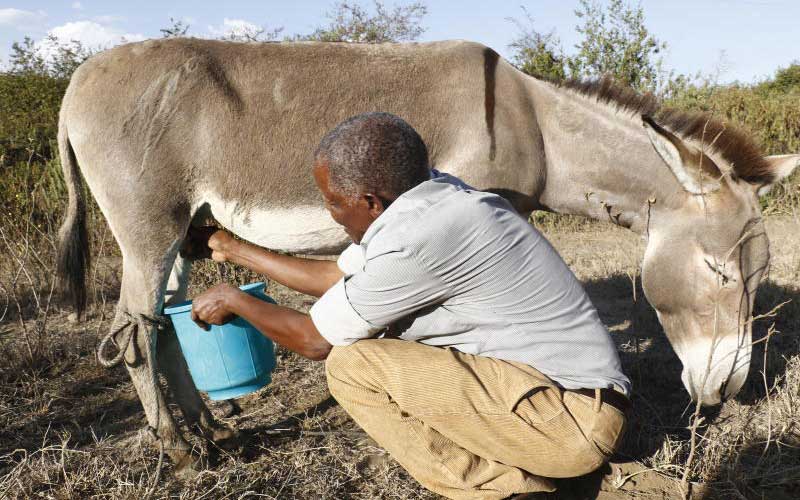×
The Standard e-Paper
Smart Minds Choose Us

Kamere centre, on the shores of Lake Naivasha, is a typical rural market where the wafting smell of smoking fish easily overpowers the aroma of roasted maize.
Few people pay attention to the hawkers hovering near the matatu or the donkeys on the streets — some which are laden with goods with their foals sticking to their side.